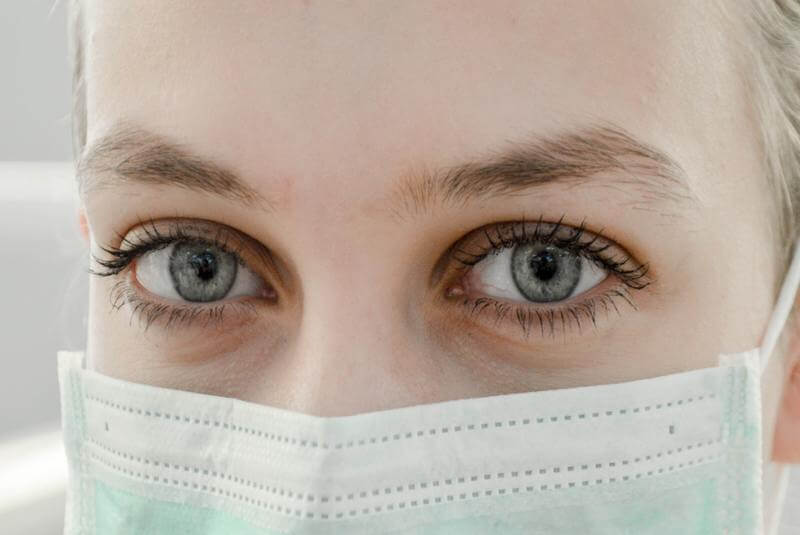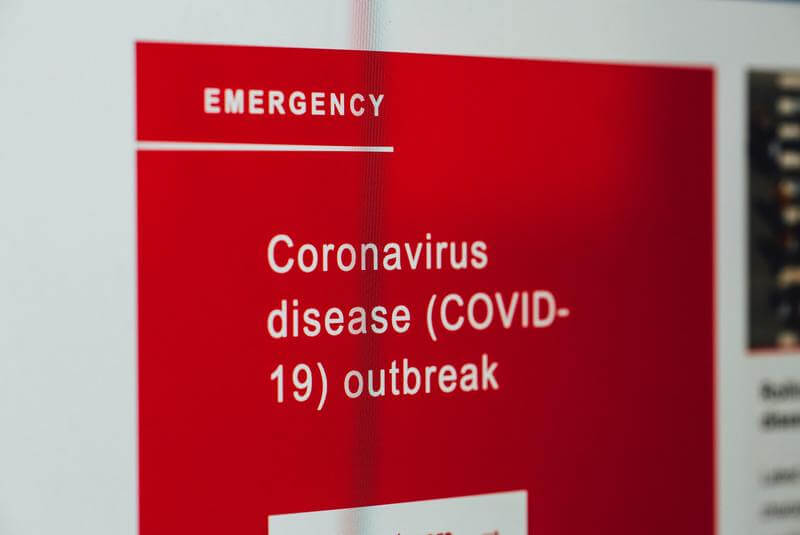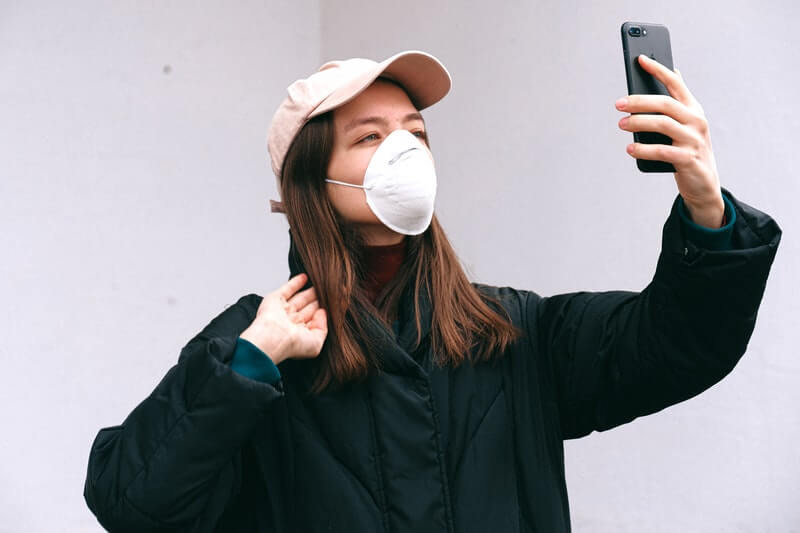The emergence of the coronavirus pandemic has caused widespread fear and uncertainty across the world. At first, it seemed like a different strain of the flu, but it’s speedy spread and death toll pushed humanity to recognize it as a dangerous virus finally. Governments of different countries have taken it upon themselves to enforce varying measures in a bid to control the spread of the coronavirus.
Social distancing, good hygiene, and staying at home are just a few of these measures. In some countries where the pandemic has hit harder, the total lockdown has been enforced where the citizens are to remain indoors at all times unless they have a permit. The social impact of the pandemic is tremendous, but its effect on those recovering from addiction is even more devastating. Addiction recovery patients who depend on social interaction with other patients are having a particularly hard time due to social distancing and isolation.
Who Is Affected?
Though it is a hard time for all recovery patients, it is much easier for patients who are homeless, are still in early recovery, have limited resources, and have mental disorders like bipolar disorder to relapse. Many homeless shelters have shut down due to social distancing rules leaving a lot of people in the cold and those who are recovering from addiction vulnerable to relapses in an attempt to numb out the feelings of cold and hunger.
Addiction patients in early recovery heavily depend on face-to-face interactions with other patients to keep them going. However, due to social distancing, most recovery hubs and in-person meetings have been shut down. As they stay at home, loneliness and boredom creep back in. They could easily fall back to their previous habits and abuse drugs and alcohol as a form of entertainment and to avoid feeling lonely.

Though many recovery resources have gone online, those who cannot access the internet or do not have computers at home cannot attend the support group meetings. Recovery from addiction will thus be difficult for them as they are isolated from others who are going through the same ordeal.
People with mental disorders such as bipolar disorder are also likely to suffer because they depend a lot on face-to-face human interaction to keep them afloat. It helps them stabilize their moods and keep calm. This could, therefore, be a trying time for them due to quarantine.
Impact of the COVID-19 Pandemic on Addiction Recovery Patients
Addiction recovery during a pandemic proves to be stressful, especially with strict guidelines on limiting social interaction, which is one of the pillars of drug and addiction recovery. The effects of social distancing and quarantine on addiction patients in recovery are:
1. Feelings of Hopelessness
A person recovering from drug and alcohol addiction may feel powerless in the light of this new pandemic. Not being around other people, especially their support groups, could make them feel helpless. Percocet withdrawal and withdrawal symptoms from other drugs may be too much to handle alone. This could result in addicts in recovery, turning back to addiction in search of solace.
2. Suicidal Thoughts
People with mental health issues and a history of addiction tend to struggle with suicidal thoughts on a normal day. This tendency is heightened when these people are isolated. The directive by governments all over the world and the World Health Organization to implement social distancing proves problematic for this specific group of people. Their reliance on physical human interaction to keep suicidal thoughts at bay is pretty large. Without in-person meetings, they may lack people to open up to about what they’re going through, and thus, the encouraging words they seek may go unsaid. With no one there to stop them, they might commit suicide.
3. Relapse
When withdrawal becomes too much to handle, a lot of recovering addicts fall back into an addiction just to feel ‘okay’ again. With quarantine in place and a seemingly new way of life, addicts in recovery are placed with a new challenge; to stay drug and alcohol-free while enduring social isolation. The words of encouragement and support from other people in recovery goes a long way in keeping recovering addicts from relapse. Without this interaction, there is little to no barrier between addiction patients and the drugs or alcohol they were avoiding. Social distancing could, therefore, cause an increase in the probability of relapse.
The indirect effects of the coronavirus pandemic could be dire to those recovering from addiction, and to avoid this, it is essential to get help from places like drug rehab centers in Louisiana.
Getting Help from MDHome Detox
All hope is not lost since you can get help from MDHome Detox. We are a concierge recovery program customized to satisfy each client’s specific needs within the home environment. We make a recovery at home a reality where the client is more comfortable and can undergo detoxification in a less-stressful environment than an in-patient facility.
During such a trying time for all recovering addicts, we provide a free assessment via phone, which is completely confidential. Our team of professionals is trained to guide you through this harrowing journey using the most effective paths. We will provide access to a nurse or a recovery companion throughout, and a medical doctor will pay a visit to your home once each day.
We also offer executive services to CEOs, celebrities, and other high earning professionals because we know how hard it may be to keep it together under the pressure of everyone looking up to you. Other services open to our clients are; interventions, family counseling, mental health stabilization, concierge home detox, and sober companions.
We are located and offer our services in various states that include: California, Colorado, New York, New Jersey, Connecticut, Pennsylvania, and Washington.

Final Thoughts
The coronavirus pandemic has caused panic, fear, and lifestyle changes across the world. Social distancing enforced by various governments has affected addicts in recovery, especially the homeless, those with limited resources, those in early recovery, and people with mental health disorders. The effects of social distancing and quarantine, which are in place to curb the spread of COVID-19, are; feelings of hopelessness, suicidal thoughts, which could even lead to actual suicide and even relapse of addicts in recovery.
However, all hope is not lost since you can get help from MDHome Detox. Our flexible recovery program allows you to undergo alcohol and drug detoxification from the comfort of your own home. This is especially vital during the coronavirus pandemic.

